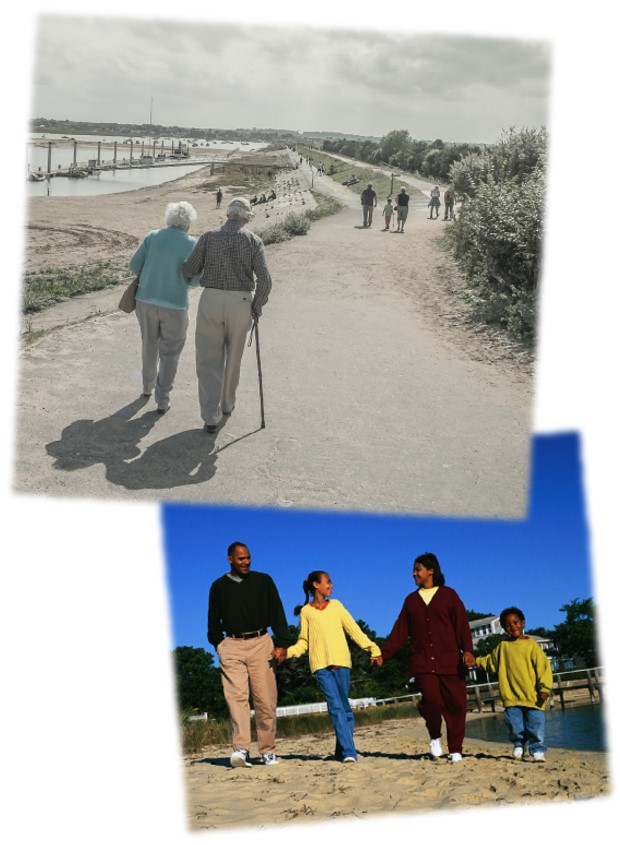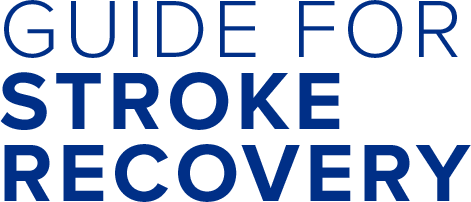Everyone needs a holiday! It is good for your mind and body to rest and relax!
You may not be thinking about travelling immediately after your stroke but at some point you may consider taking a holiday. You may want to travel for rest and relaxation, to see new places, or visit family and friends.
Your doctor will let you know if it is safe for you to travel. Your healthcare team can also give you some tips to make travelling easier.
What do I need to know for traveling after stroke?
Considering your needs and planning ahead can help you have a safe and enjoyable holiday. It may be helpful to speak with your health care team for suggestions to make travel easier.
Learn from the experience of others. You can get ideas and suggestions from other people who have had strokes about what has worked well for them while travelling. For example, you may find answers to your travel questions at a peer support group or online.
Here are some things to consider when looking for a place to stay:
- Accessible bathroom. They offer grab-bars and toilet seats
- Elevator If there is no elevator, ask for a room on the ground floor
- Restaurants nearby. Stay in places that are close to things to do
- See online photos of the hotel. This helps you decide what you will need to bring
- Call and ask questions before you book your room
You may consider:
- Taking your own chair. Bring a folding cane-seat or a rollator if you can only walk short distances. Chairs or benches may not always be available when you need to take a break
- Renting a wheelchair or scooter. If you need to travel a long way
What are some tips for riding on an airplane?
- Choose a non-stop flight. If you have to make a connection, try to get more time between flights. Call the airport to find out how far you need to go to get the connecting flight
- Choose an aisle seat. This helps to give you a bit more room.
- Use a carry-on. Use a shoulder bag or back pack. Pack it with basic toiletries, medications, and travel information
- Wear shoes that are easy to take on and off. This makes security checks easier
- Travel with someone. It helps to travel with someone who can help you
Here are some tips at the airport:
- Check-in as much luggage as you can. This means less to carry
- Give yourself extra time.
- Use early boarding. Flight attendants can help you board the plane if you are using a cane or wheelchair
- Use an airport rental cart. It is often easier to push one cart than manage many bags
Tips for travelling with aphasia:
Write down all your travel information. If you have aphasia you can show the airline personnel or the taxi driver the information, so they know how to direct you. Have all important addresses and phone numbers in your notebook.
Having read the information in this section, consider the following questions.

- Do I know if it is safe for me to travel after my stroke?
- Is it safe for me to travel by car, train, boat or plane?
- Is there anything specific I need to be aware of when travelling after a stroke (for example: precautions, medications, vaccinations)?
- Do I know how to plan a safe trip?
- Can I make sure that my needs will be met at my destination (for example, equipment and accessibility needs)?
- Do I need to call ahead before I leave to ensure things are in place at my destination?
- Do I have travel insurance?
- As a caregiver, do I know what to do if something happens while we are away from home?
